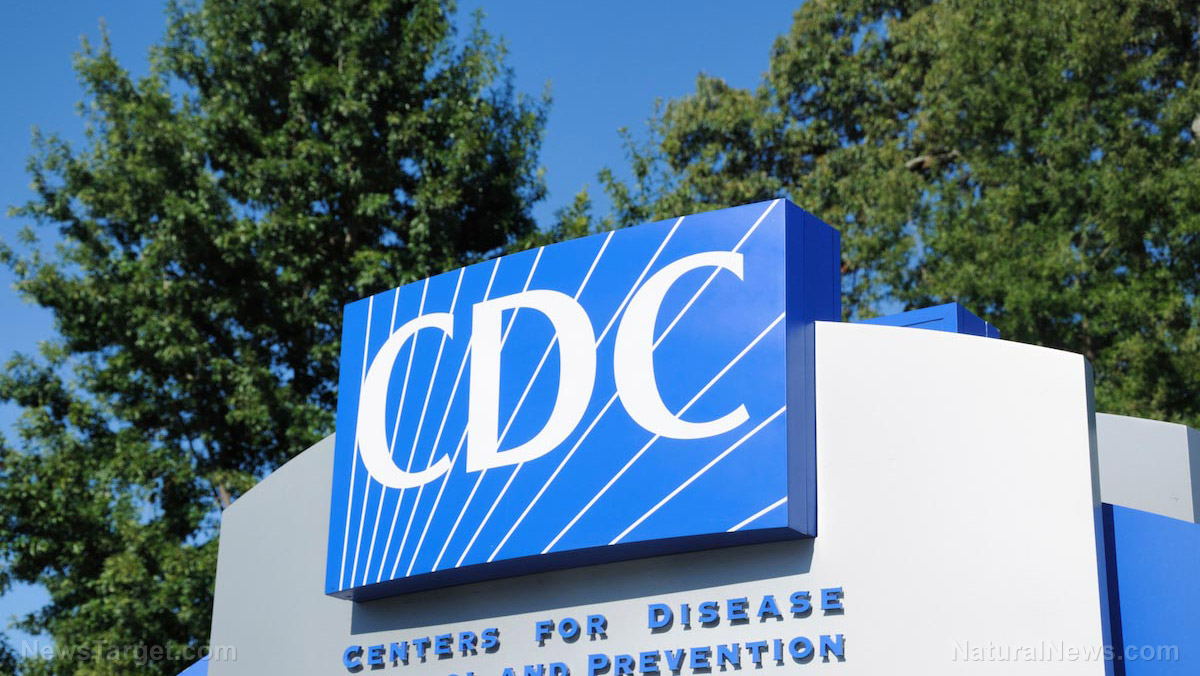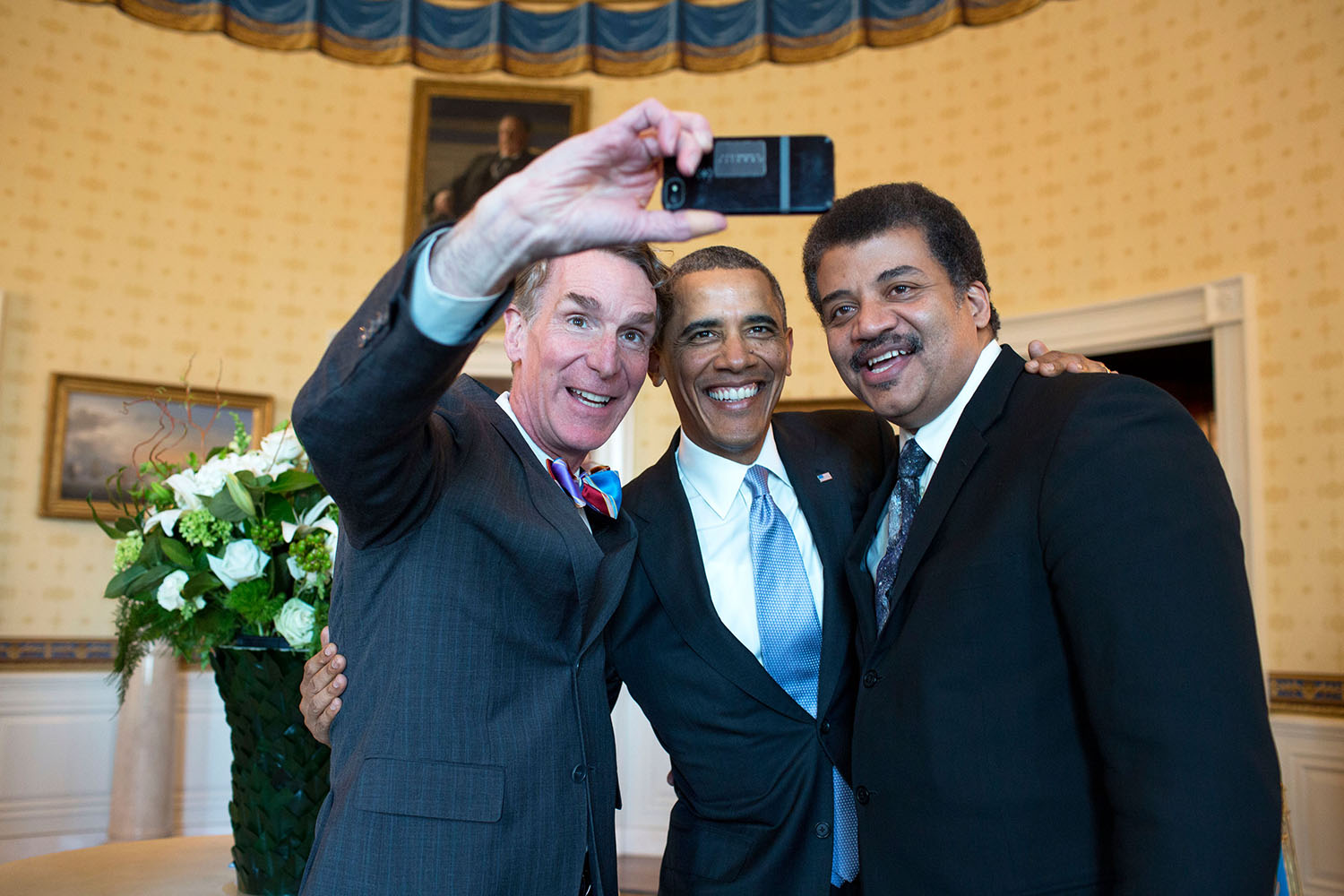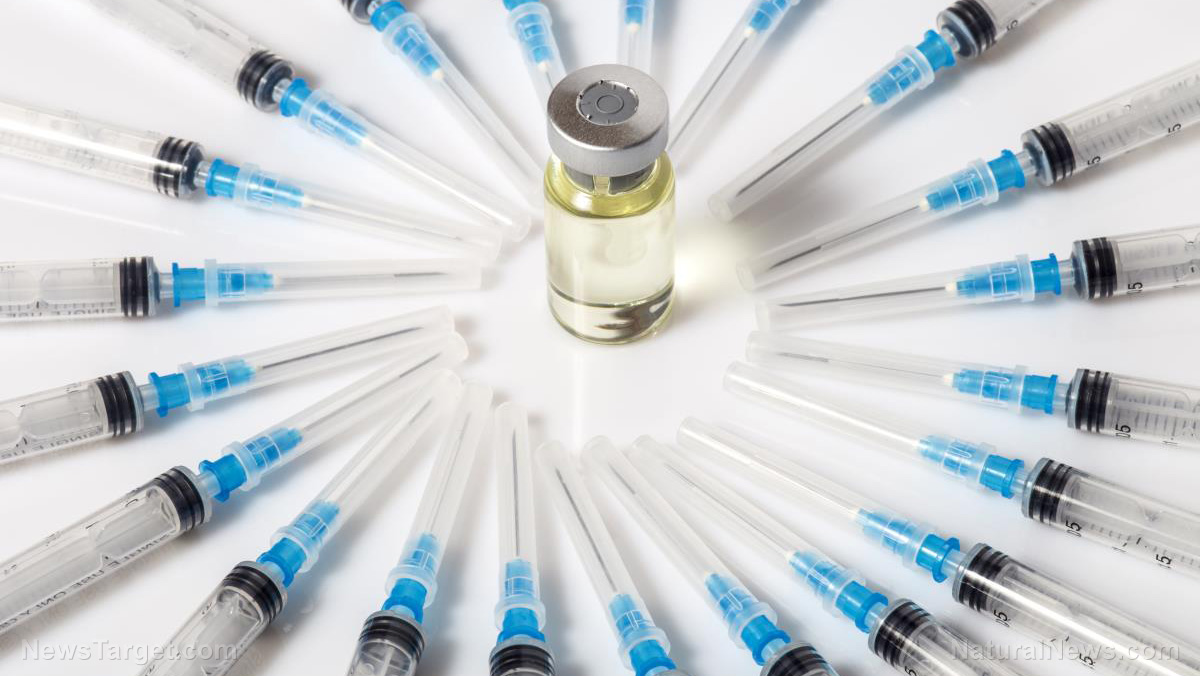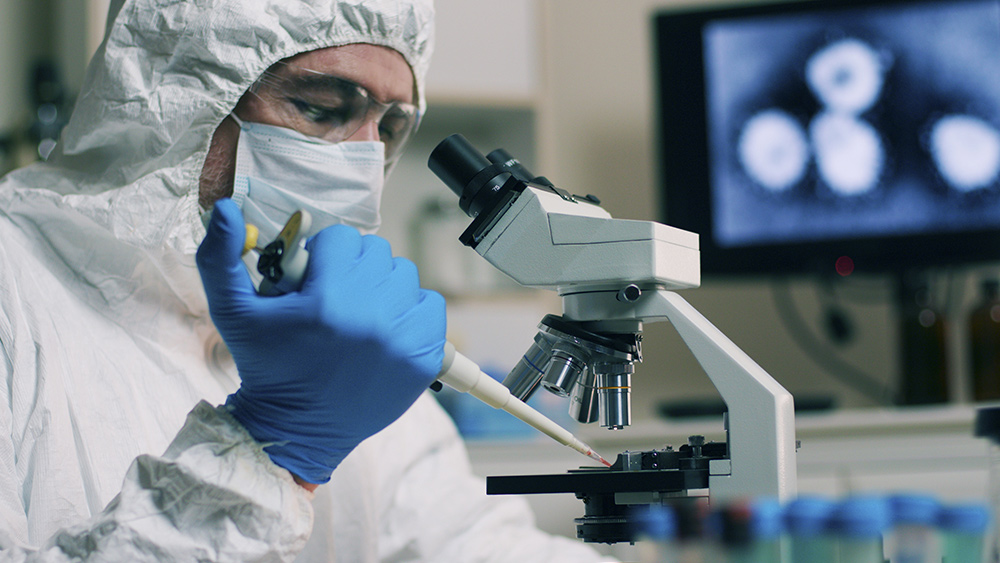If it is illegal to force employees to take antibody tests, then why are some employers allowed to force employees to get vaccinated?
06/23/2020 / By Ethan Huff

If your employer says that you have to get tested for the Wuhan coronavirus (COVID-19) in order to go back to work, know that you do not have to comply, thanks to the Americans with Disabilities Act (ADA).
The U.S. Equal Employment Opportunity Commission (EEOC) has confirmed that employers are in violation of the law if they try to force their employees to take the coronavirus antibody test as a condition to work because the test is not a medical necessity.
In addition to the tests not being accurate in the first place, holding them over employees’ heads as some kind of medical requirement does not even meet the ADA’s basic guidelines for “business necessity.”
To bar someone from working for refusing the test, in other words, is a form of workplace discrimination that is prohibited by law. Consequently, employers that violate this law are to be held accountable.
“An antibody test constitutes a medical examination under the ADA,” the EEOC says.
“In light of CDC’s interim guidelines that antibody test results ‘should not be used to make decisions about returning persons to the workplace,’ an antibody test at this time does not meet the ADA’s ‘job related and consistent with business necessity’ standard for medical examinations or inquiries for current employees.”
Listen below to The Health Ranger Report as Mike Adams, the Health Ranger, talks about how patients with positive Wuhan coronavirus (COVID-19) diagnoses are being deliberately killed by doctors at hospitals:
CDC: Antibody tests for coronavirus are unreliable, and thus can’t be mandated
The EEOC went on to declare that, based on all of this, requiring employees to be tested with an antibody test “is not allowed under the ADA,” which is great news for those concerned about things like contact tracing and forced quarantines.
By avoiding the test entirely, these same concerned folks can basically fly under the radar of the government’s draconian spying and surveillance programs being set up in response to the pandemic, including the future possibility of forced vaccination.
Even the CDC admits that antibody tests, as well as serology tests, are flawed at best and often produce false positives. They likewise cannot differentiate between someone who once had the Wuhan coronavirus (COVID-19) and is now immune, and someone who is actually sick with a coronavirus-associated illness.
There is also no way to tell who has immunity to the virus and who does not, which makes testing pretty much useless when it comes to determining much of anything that would be relevant in a workplace environment.
“Serologic testing should not be used to determine immune status in individuals until the presence, durability, and duration of immunity is established,” the CDC says.
The bad news is that coronavirus testing could potentially be mandated in the future if all of the “kinks” can be ironed out. This is according to the EEOC, anyway, which has warned that a new guidance could be adopted later on down the road depending on further developments.
The key words in this first guidance are for now, the implication being that it is subject to change. Perhaps a determination can be made long before then that testing is erroneous, period, allowing people to return to a mostly-normal life as opposed to an endless contact-traced prison.
“As the Tanzanian president (who has a doctorate in Chemistry) pointed out, the tests can’t tell the difference between a human that is COVID-19 positive and a papaya plant!” noted one Breitbart News commenter.
“I’m not handing my DNA over to the government.”
To keep up with the latest news about the Wuhan coronavirus (COVID-19), be sure to check out Pandemic.news.
Sources for this article include:
Tagged Under: ADA, Americans with Disabilities Act, antibody tests, employees, employers, evil, Forced Vaccinations, health freedom, human rights, Liberty, medical fascism, Medical Tyranny, Twisted, vaccines
RECENT NEWS & ARTICLES
FluShot.News is a fact-based public education website published by Flu Shot News Features, LLC.
All content copyright © 2018 by Flu Shot News Features, LLC.
Contact Us with Tips or Corrections
All trademarks, registered trademarks and servicemarks mentioned on this site are the property of their respective owners.



















